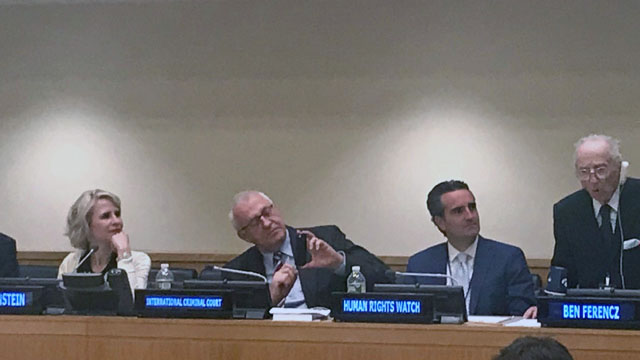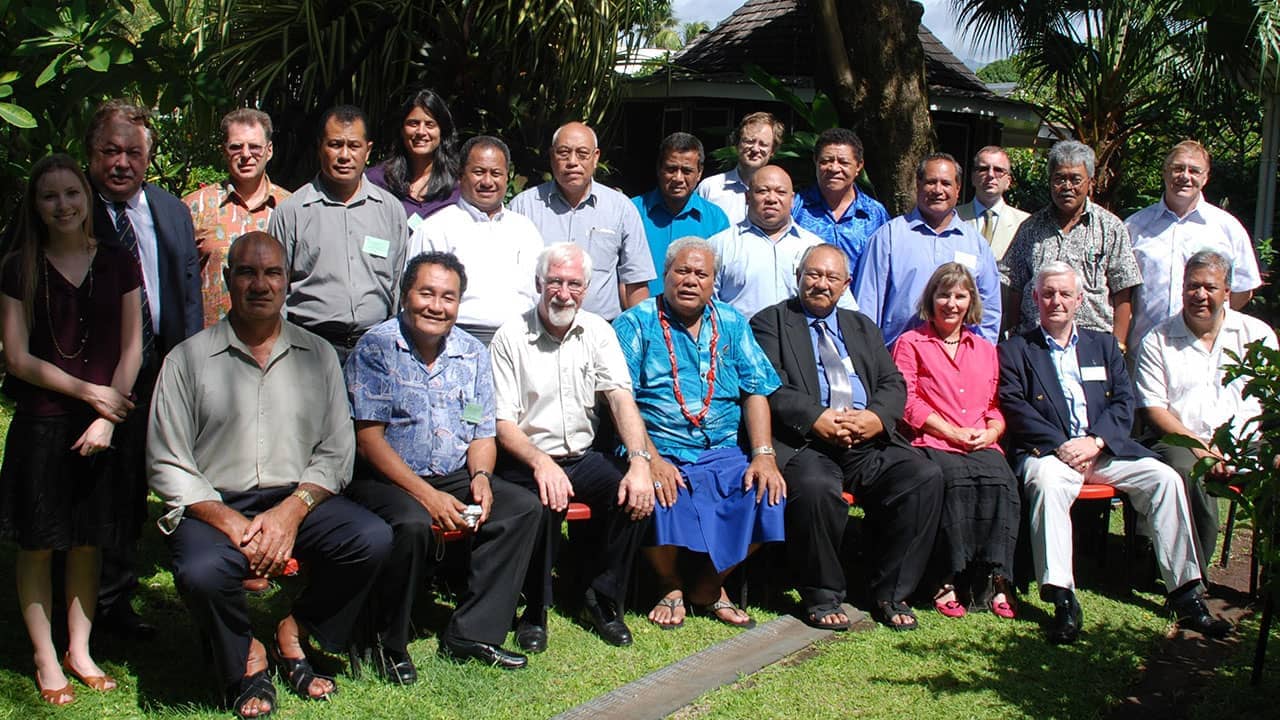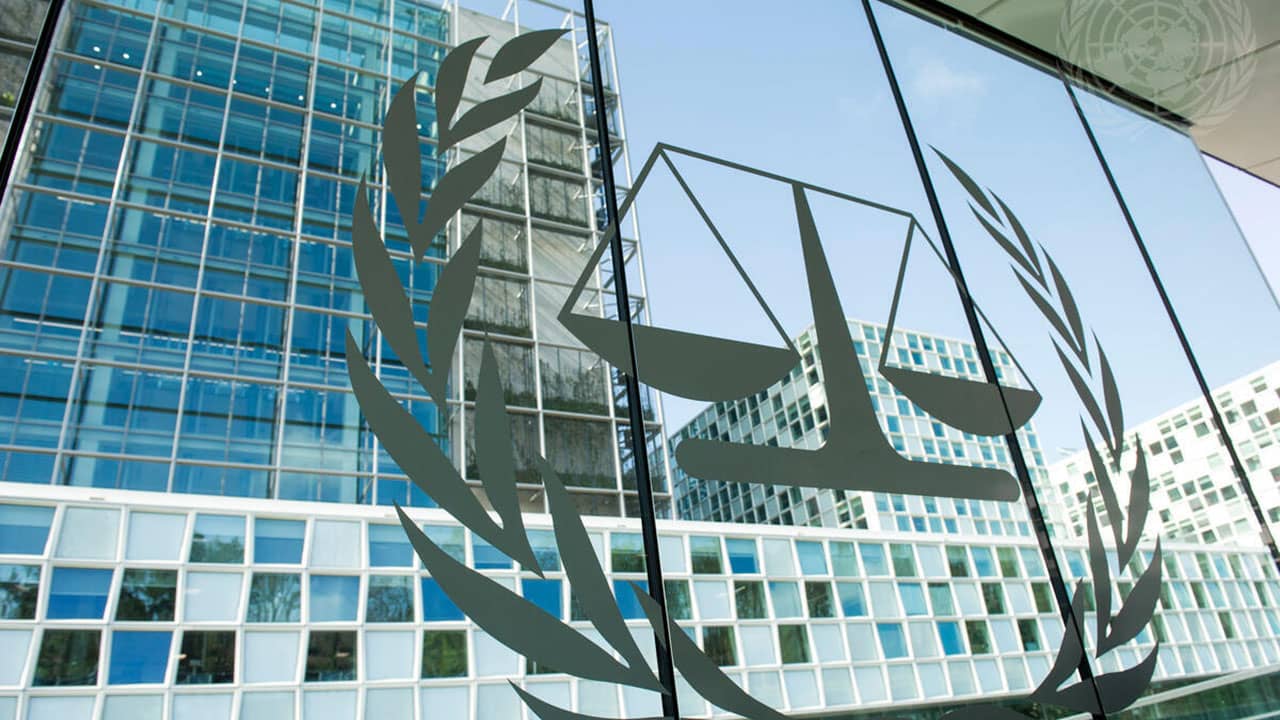Government type:
Parliamentary republic
Objectives:
-
Ratification of Kampala Amendments
-
Signing of Voluntary agreements on cooperation with the ICC
Status
-
Rome Statute: Ratified on 07 September 2000
-
APIC: Ratified on 14 April 2004
-
Amendments to the RS: none
-
BNSA: none
-
Voluntary Agreements with the ICC: none
Status of Implementation of the Rome Statute
-
Complementarity - Enacted (ICC Act - 01 October 2000)
-
The Act incorporates the crimes contained in the Rome Statute (referring to the Rome Statute for the definition of the crimes). Request from A-G required to proceed with prosecutions
-
The ICC Act establishes universal jurisdiction over the core crimes contained in the Rome Statute, with the effect that proceedings may be brought in relation to conduct regardless of the location of the crime or the nationality of the offender. The person need not even be present in New Zealand when proceedings are initiated (although in absentia trials are not permitted under New Zealand law). Territorial and nationality jurisdiction are retained only for offences against the administration of justice.
-
It includes provision which enable the ICC to sit in New Zealand for the purpose of performing its functions under the Statute and under the Rules for the purpose of (a) taking evidence; or (b) conducting or continuing a proceeding; or (c) giving judgment in a proceeding; or (d) reviewing a sentence.
-
-
Cooperation - Enacted (ICC Act - 01 October 2000)
-
Central authority: Minister of Justice (for arrests and surrenders) or Attorney General (Art. 24 of the ICC Act and following)
-
The ICC Act creates a sui generis regime to govern cooperation with the ICC, rather than opting to rely on existing procedures. Whilst the ICC Act expressly states that the official capacity of a person is no bar to cooperation with the ICC, there is no similar provision to extend this to domestic proceedings. The fair trial standards found in the Rome Statute are not transferred into the ICC Act. The legislation explicitly allows for the facilitation of requests from defendants appearing before the ICC.
-
Activities of PGA Members
Mr Kennedy Graham, MP submitted a Private Member’s Bill on 26 June 2012 on International Non-Aggression and the Lawful Use of Force (Implementation of Amendment to the Statute of Rome) to ratify Kampala Amendments. The bill has been under ballot as of 20 December 2012. A 2013 Foreign Affairs, Defence and Trade select committee report recommended the government give priority to New Zealand becoming one of the 30 founding states needed to implement it. However, no further development has been made in this regard.








